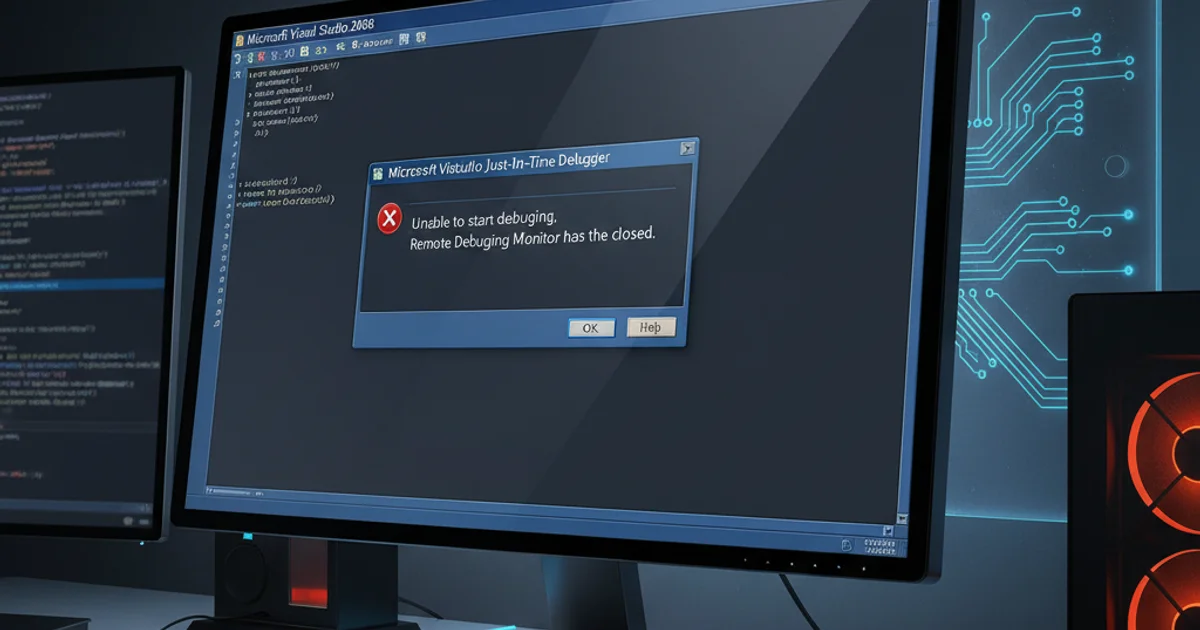Does C have a string type?
Categories:
Does C have a String Type? Understanding Strings in C

Explore how strings are handled in the C programming language, focusing on character arrays, null termination, and common string manipulation functions. Learn the fundamental concepts and best practices for working with text data in C.
Unlike many modern programming languages that feature a built-in string type (like Python's str or Java's String class), the C programming language takes a more fundamental approach. In C, there is no dedicated string keyword or data type. Instead, strings are represented as arrays of characters. This design choice gives programmers fine-grained control over memory and data representation, but it also introduces specific conventions and potential pitfalls that are crucial to understand.
Strings as Null-Terminated Character Arrays
The core concept of a string in C is a contiguous sequence of characters stored in an array, terminated by a special null character. This null character, represented as \0, signifies the end of the string. Without it, functions that operate on strings wouldn't know where the string ends, leading to undefined behavior or memory access errors. This convention is fundamental to how C handles text data.
#include <stdio.h>
int main() {
char greeting[] = "Hello, World!"; // Implicit null termination
char name[10]; // Array to hold a name
printf("Greeting: %s\n", greeting);
// Assigning a string to a char array
// Note: This is NOT how you assign strings directly after declaration
// strcpy(name, "Alice"); // Correct way to copy a string
return 0;
}
Declaring and initializing character arrays as strings in C.
flowchart LR
A[Start] --> B{Declare char array};
B --> C["Assign string literal (e.g., \"Hello\")"];
C --> D["Compiler adds null terminator (\0)"];
D --> E["String stored in memory"];
E --> F{Use string functions (e.g., printf, strcpy)};
F --> G[End];Flowchart illustrating how strings are handled from declaration to use in C.
Working with C Strings: Common Functions
Because C doesn't have a built-in string type, it provides a standard library, <string.h>, with a set of functions to manipulate these null-terminated character arrays. These functions are essential for tasks like copying, concatenating, comparing, and finding the length of strings. Understanding their usage and limitations is key to effective string handling in C.
#include <stdio.h>
#include <string.h>
int main() {
char str1[20] = "Hello";
char str2[20] = "World";
char str3[40];
int len;
// strcpy: Copies str1 to str3
strcpy(str3, str1);
printf("strcpy(str3, str1): %s\n", str3); // Output: Hello
// strcat: Concatenates str2 to str1
strcat(str1, str2);
printf("strcat(str1, str2): %s\n", str1); // Output: HelloWorld
// strlen: Gets the length of str1
len = strlen(str1);
printf("strlen(str1): %d\n", len); // Output: 10
// strcmp: Compares str1 and str2
// Returns 0 if equal, <0 if str1 < str2, >0 if str1 > str2
if (strcmp(str1, str2) == 0) {
printf("str1 and str2 are equal\n");
} else {
printf("str1 and str2 are not equal\n"); // Output: str1 and str2 are not equal
}
return 0;
}
Examples of common string manipulation functions from <string.h>.
strcpy() and strcat(). If the destination array is not large enough to hold the source string plus the null terminator, it can lead to memory corruption and security vulnerabilities. Use safer alternatives like strncpy() and strncat() or dynamically allocated memory with size checks.Pointers and String Literals
In C, string literals (e.g., "Hello") are typically stored in a read-only section of memory. When you declare a char* pointer and assign a string literal to it, the pointer points to the beginning of this read-only sequence of characters. Attempting to modify a string literal through such a pointer results in undefined behavior, often a segmentation fault.
#include <stdio.h>
int main() {
char *ptr_str = "Immutable String"; // Pointer to a string literal (read-only)
char arr_str[] = "Mutable String"; // Character array (can be modified)
printf("Pointer string: %s\n", ptr_str);
printf("Array string: %s\n", arr_str);
// This is generally safe:
arr_str[0] = 'm';
printf("Modified array string: %s\n", arr_str); // Output: mutable String
// This would lead to undefined behavior (e.g., segmentation fault):
// ptr_str[0] = 'i';
// printf("Modified pointer string: %s\n", ptr_str);
return 0;
}
Distinction between char* to string literal and char[] for mutable strings.
char array or allocate memory dynamically using malloc(). Use const char* for pointers to string literals to enforce read-only behavior and prevent accidental modification.